My name is Martin Miranda Antelo, current 2nd year student of the BA Designing Cities Course. I will introduce myself by saying 3 things I like about the course. First, I am really glad this course exists in London! Second, I am happy I was able to develop urban design and planning skills from first year as the current job market requires practical skills as much as theoretical knowledge. Finally, The international scope of the course is one of the most interesting parts of the course, as we regularly discuss urban problems from different cities around the globe and as the course provides opportunities to travel in Europe, Australia and China. I will here report my experience in the South of Italy.
This summer four of us attended a participatory design workshop in Gagliato, Calabria, in the South of Italy, between 20-27 July 2017, with other students from Newcastle University, London School of Economics, University of Calabria and Mediterranean University of Reggio Calabria. The aim of the residential charrette was to discover how culture and creativity can support local forms of sustainable and inclusive development in small settlements and marginal regions of the world. The first day we embarked on a fieldtrip to get to know the history of Calabria and in particular of the Ancinale Valley, visiting important places like the Monastery of Serra San Bruno, the Royal Foundries of Mongiana of the Kingdom of the two Sicilies, the small town of Badolato and finally the beach in Soverato, in the Ionic coast. Badolato struck a chord with me because of the beautiful mediterranean urban form of the town. It is built on top of a large rock foundation and it has a picturesque panoramic surrounding. Aside from its beauty we had the amazing opportunity to meet the Mayor of Badolato who was responsible for accepting 400 refugees in 1997, with a town who had a population of 2,000. He spoke about the acceptance of the refugees, the initial problems he encountered, how he got funding from the central government and finally the gradual settlement of the refugees into Italian life. It was delightful and refreshing to hear this incredible story which is completely relevant in today’s world as we face a refugee crisis. This integration model inspired the famous filmmaker Wim Wenders which realised a documentary in Badolato in 2010.
The charrette
During the charrette in Gagliato we worked in different group with an assigned task. I was in the group ‘The Town of Nanotech’ with the aim to create a masterplan and a strategic vision for the regeneration of the old town. The task was inspired by the fact that Gagliato hosts since long time an annual informal gathering of scholars in the field of nanotechnology and medicine and they are now one of the major ‘stakeholders’ of the town. Initially this task was hard for me personally because I had no previous experience in doing a Masterplan. However, once we were asked to discuss ideas for how we may foster sustainable economic development I was quick to suggest as many ideas as I thought. We discussed ways to complement the current local economy, which has been in part supported by the regular presence of the group of nanotech scholars, with the introduction of new agricultural activities, new practices of urban agriculture and the creation of a Gagliato landscape farming design which would make the town noticeable and unique.
Engagement
During the Gagliato Workshop, there was a high level of public engagement between the residential Charrette participants and the town residents. The fact that there is a small population in the town of approximately 400 meant that when the 25 Workshop participants came our presence was immediately felt in the town. Our public engagement event was successful, as we were able to speak to the agents of change in Gagliato and have a deeper understanding of the aspirations of local people but also their priorities for everyday life. The locals were able to point out their new agricultural enterprises, the recent history of the town and the emergence of brand new enterprises like Francesco’s shop and bar, the hostel, a restaurant and a gelateria. All of the participants were very enthusiastic about the prospect of new economic development coming to town, however were quick to point out previous unsuccessful attempts to do so. Some of the previous problems were inadequate property management and lack of funding. During our stay we were also invited to an Open House event where we had the chance to experience their traditional Calabrian culture through delicious food, drinks, music and dance. This was a chance to really get to know the locals in an informal way and start the beginning of a friendship.
NanoGagliato and the relationship with the nanotech scholars
A specific research question that we asked to ourselves was: Can an exogenous activity like the NanoGagliato Conference create long-term economic benefits to the local community? Under which conditions? Which are the main threads? During our stay we discussed how the NanoGagliato conference has already stimulated change in the town. As we met the nanotech scholars, we were able to hear accounts of how neglected Gagliato was before the NanoGagliato conference took place there, how much less economic activity there was and the lack of solidarity among the residents. This may have to do with the fact that there are no industries and therefore high levels of unemployment and migration in this region of Italy. By speaking with both local people and scholars it was easy to feel the optimism both parties have towards the future. The local residents have benefited from programs like the Nanopiccola scheme which educates the local children from the age of 4 until 18 in the field of science in order to create future scientific leaders which may be able to bring economic development to Gagliato. Another benefit the scholars have brought is the purchase of local houses (some of which had previously been abandoned). Therefore investing in the real estate of the town and becoming temporary residents during the summer. However, one of the biggest limitations of this event is that it only takes place once a year for less than a week, which is a very short period of time and yet it has brought recognisable change in the small town.
Final presentation to the local community
After all of the 5 different groups had completed their week-long projects, we had to present them to the local council, local stakeholders and the Calabria regional government. All of the parties seemed enthusiastic with the work and they all expressed a renewed beginning of cooperation amongst themselves and the scholars in order to meet the objectives of creating sustainable economic development though culture and creativity in Gagliato. Using this project as a prototype for future work in other marginalised small towns all over the country and beyond.
A balance
In conclusion, this trip was extremely beneficial for the BA Designing Cities undergraduate students as it provided us with the opportunity to see what current practitioners and scholars are doing in the urrban planning field of work.
- The best part of the trip for me was the feeling that we were part of the group and were able to participate and contribute ideas to the final projects. This was incredibly important as most of the other participants were graduate and postgraduate students who have more academic and work experience;
- The hardest part was being placed in an environment out of your comfort zone, which at the beginning can feel quiet tedious! However, after the initial struggle of feeling like you don’t contribute, you start getting on with small tasks and building up your confidence in a previously unknown set of skills which you are slowly beginning to develop;
- The location of the Workshop in Calabria (Southern Italy) was full of picturesque landscapes which are wonderful to wake up to everyday, and I’m sure I speak for everyone when I say we really enjoyed the trips to the beach where we had the opportunity to relax, swim, play and dine.
The workshop has been funded by the Academy of Gagliato and the EU COST Action ‘INTREPID’. Westminster students received University Distant Horizons Awards to attend the workshop.
(Reporter: Martin Miranda Antelo. Pictures: © Giulio Verdini)
)
- POST-COVID CITIES: A DIALOGUE WITH PRACTICE - October 9, 2020
- INDUSTRY PROJECT - June 13, 2020
- DESIGNING CITIES ON-LINE - April 6, 2020
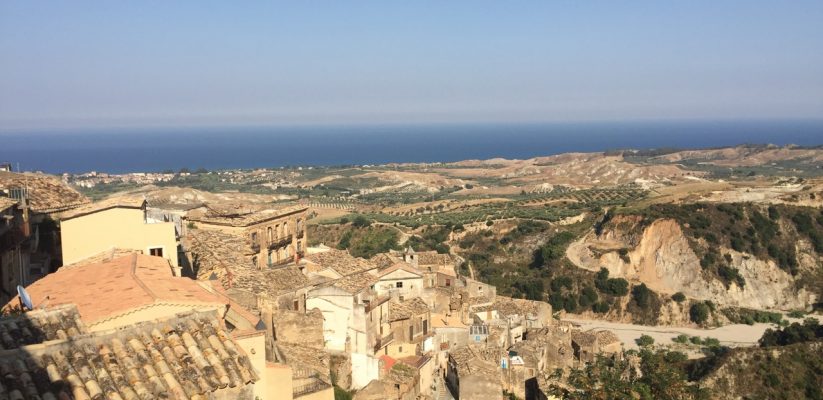
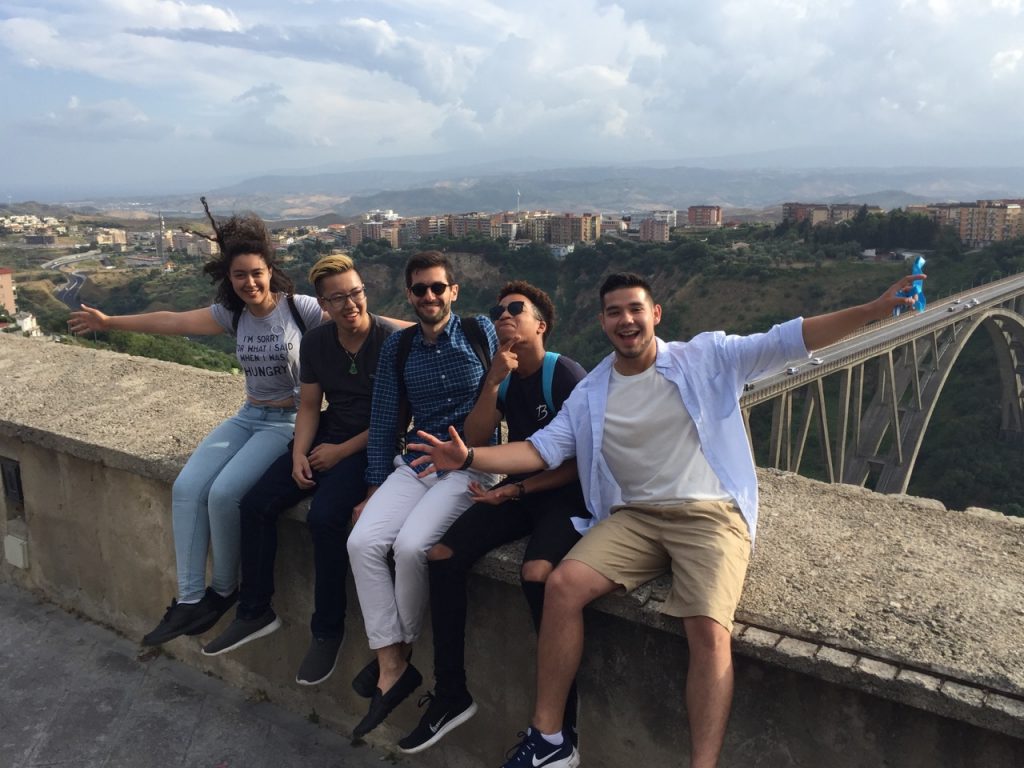
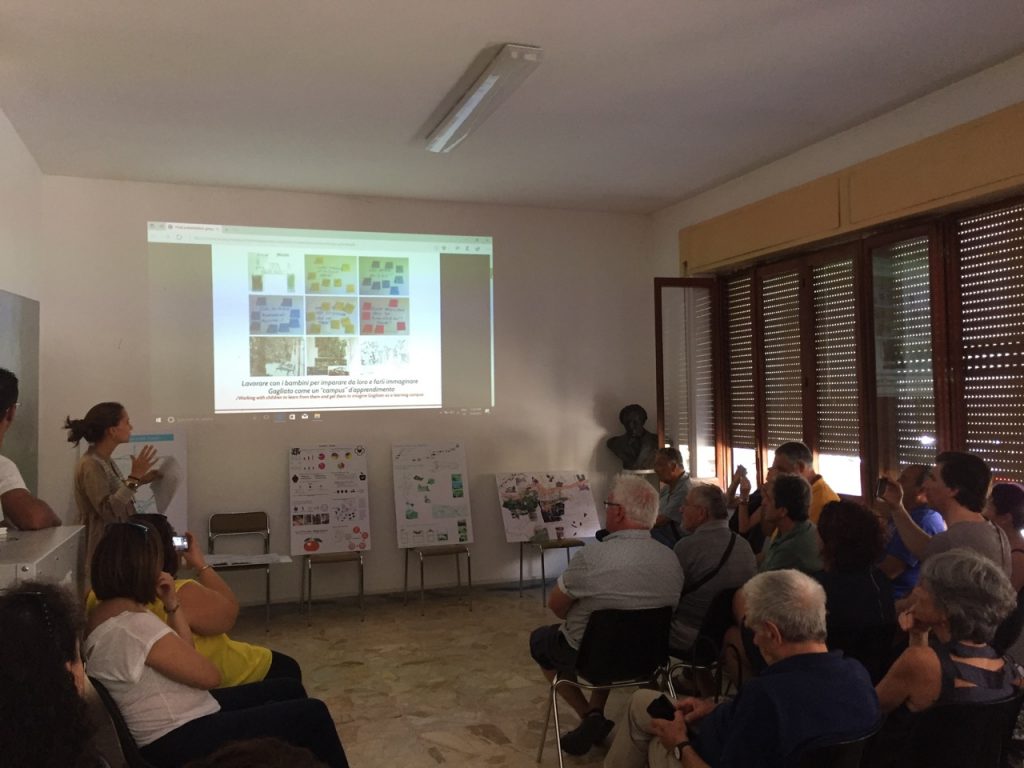
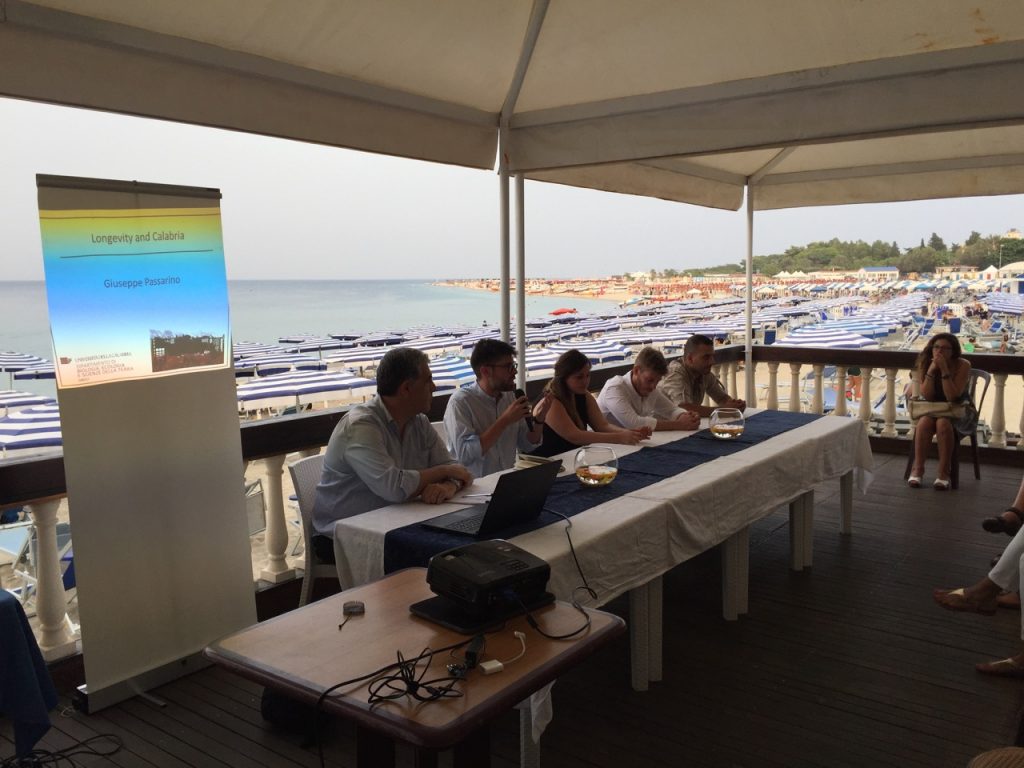
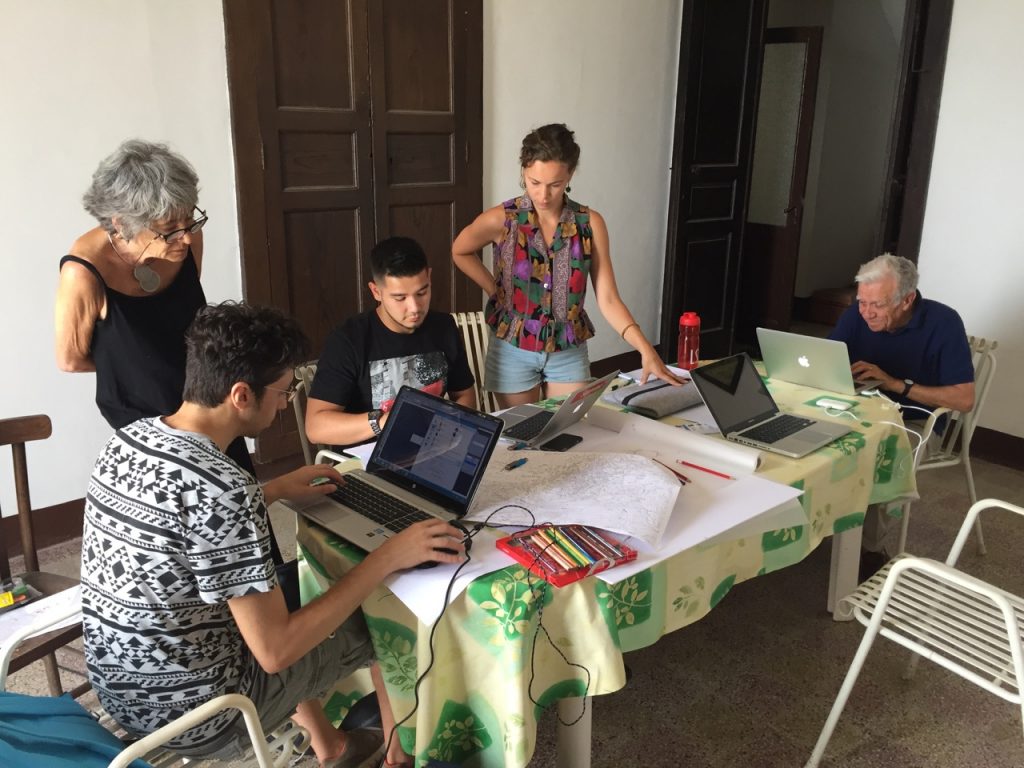
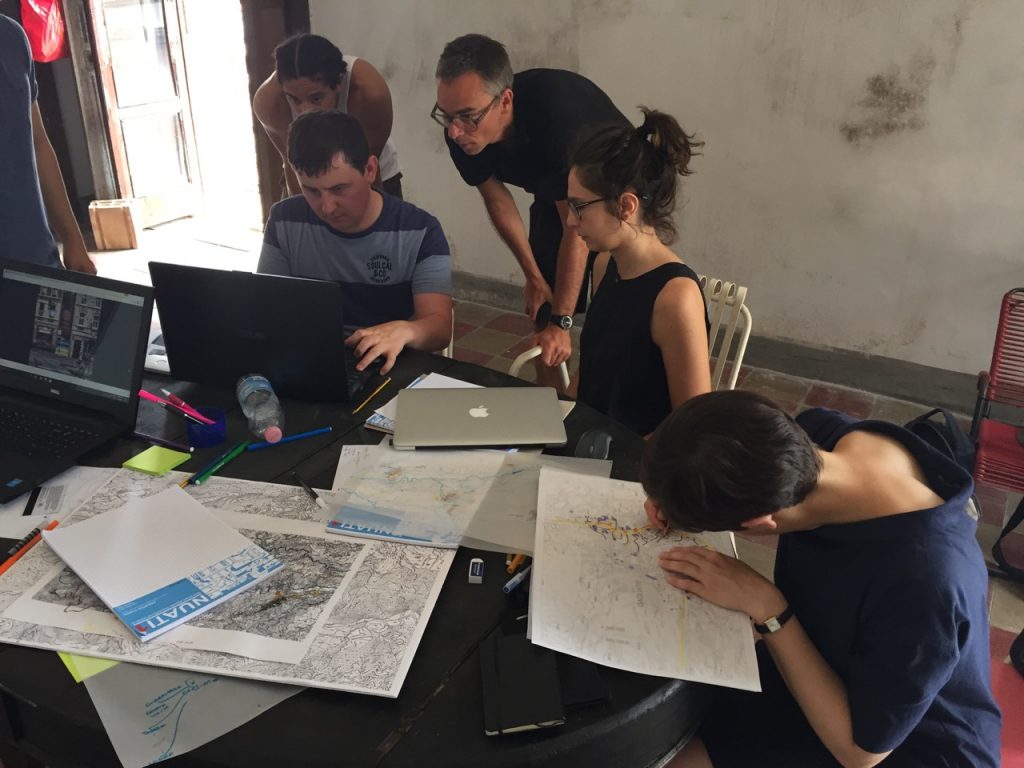
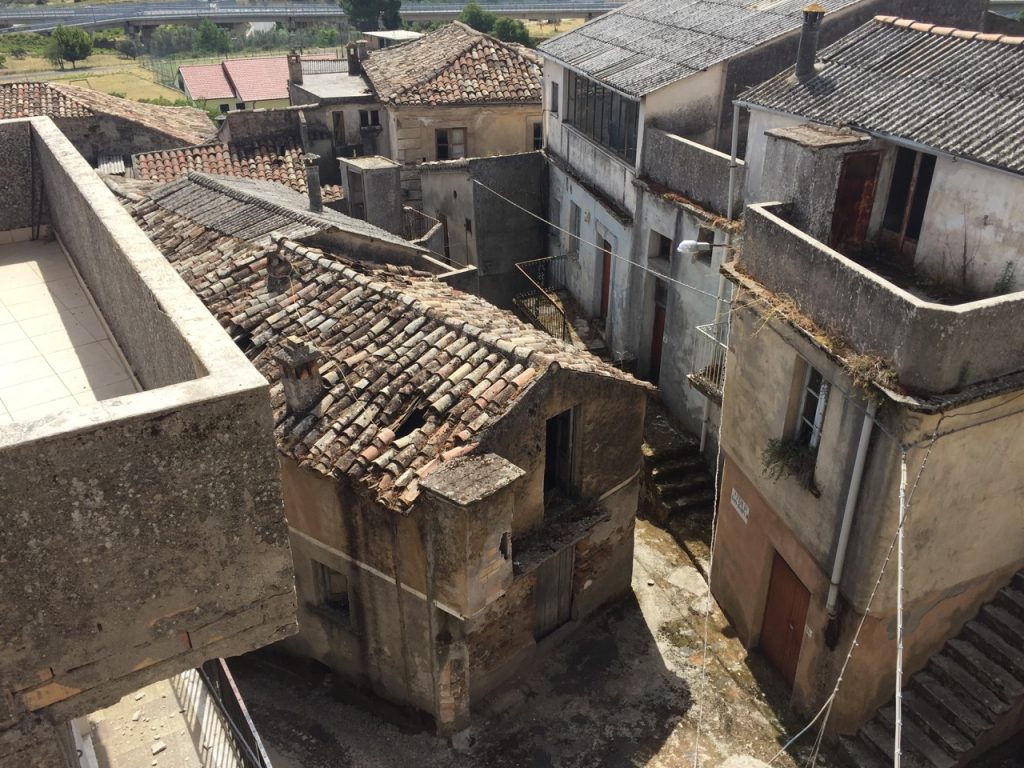
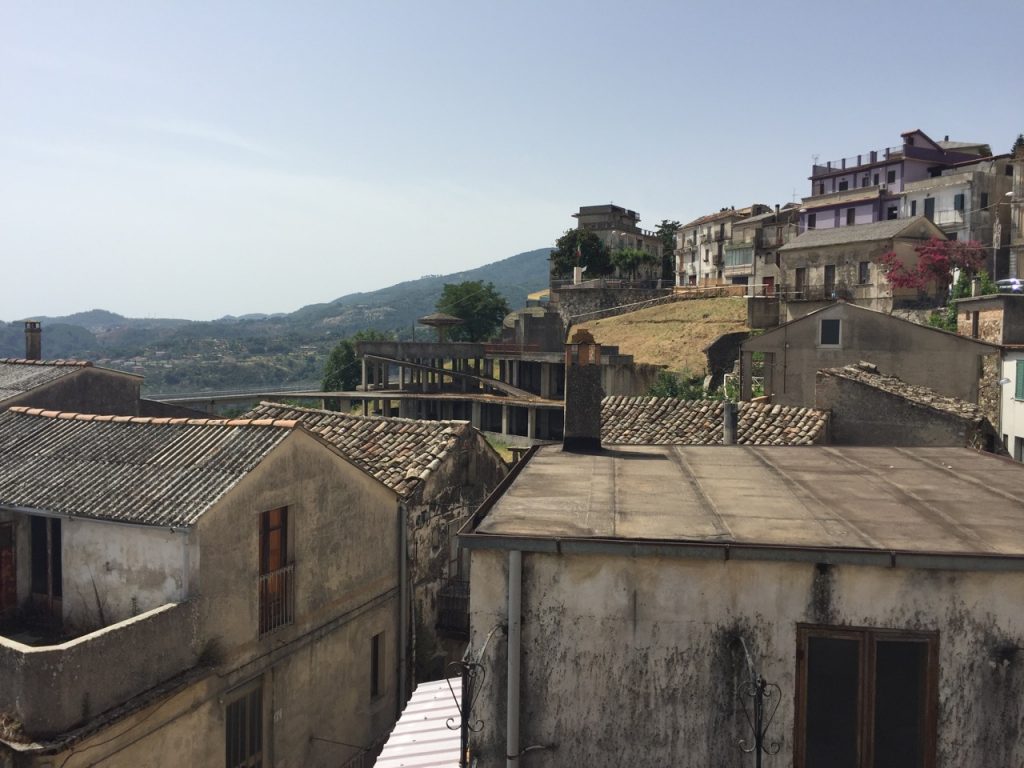
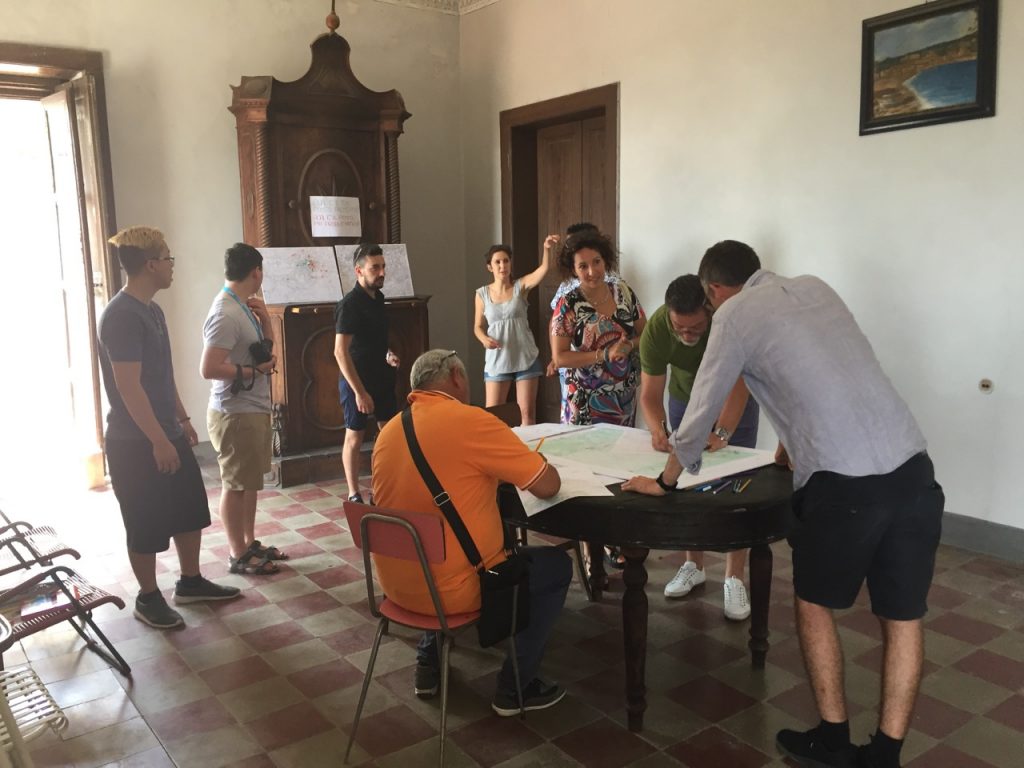
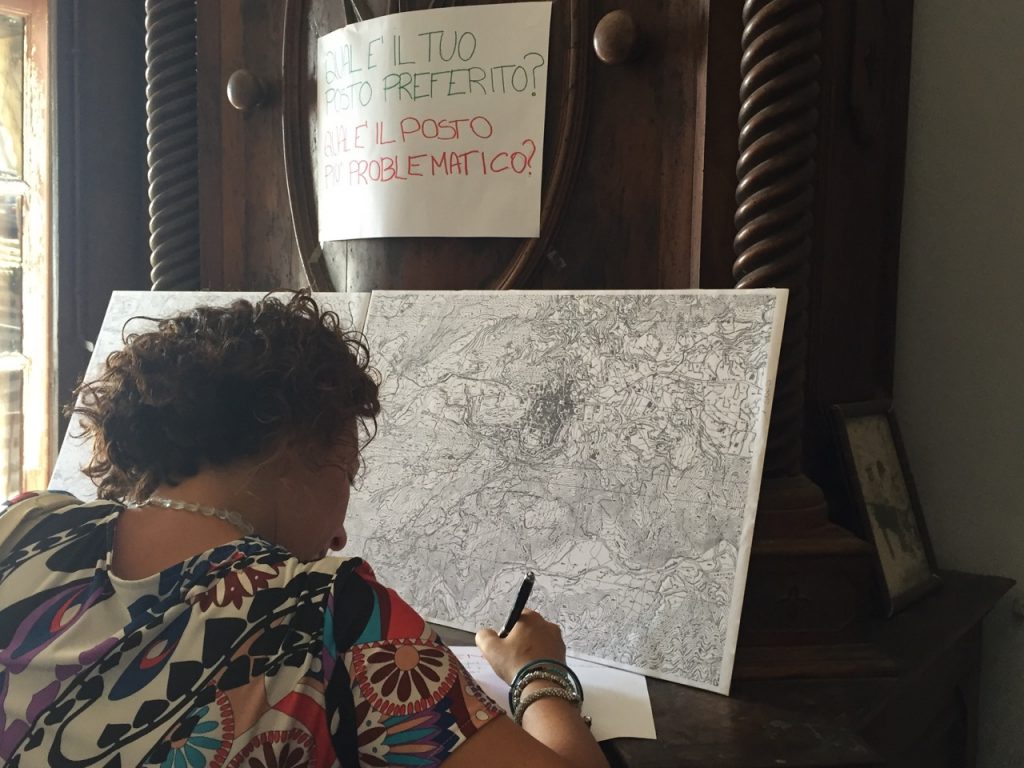
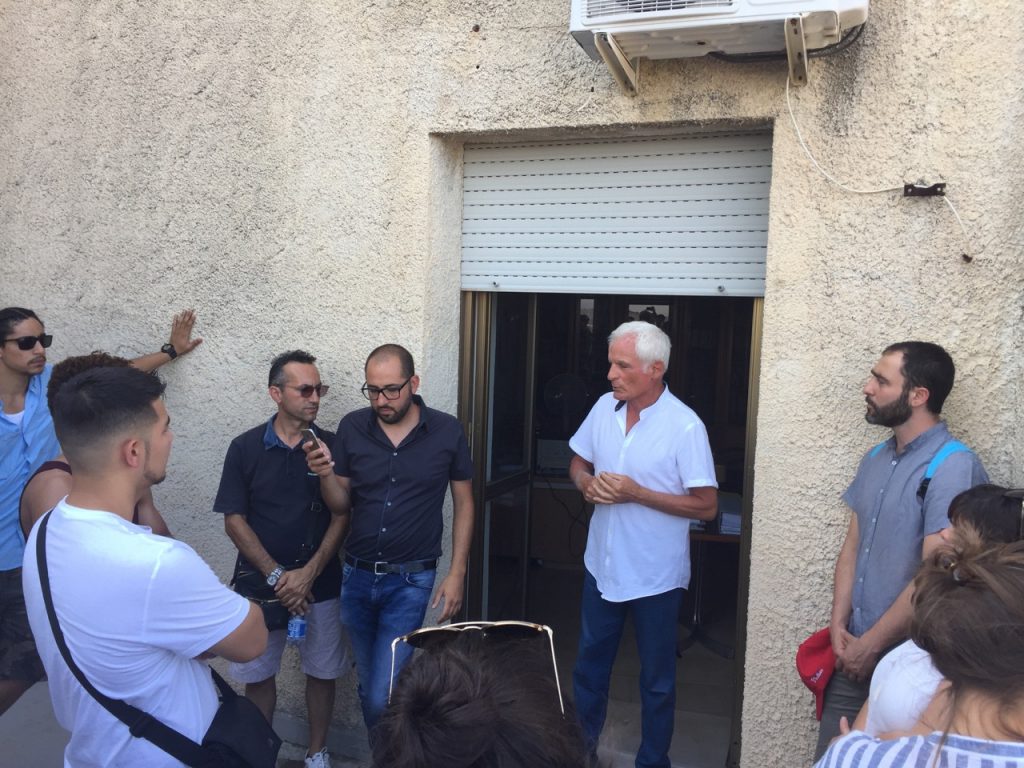
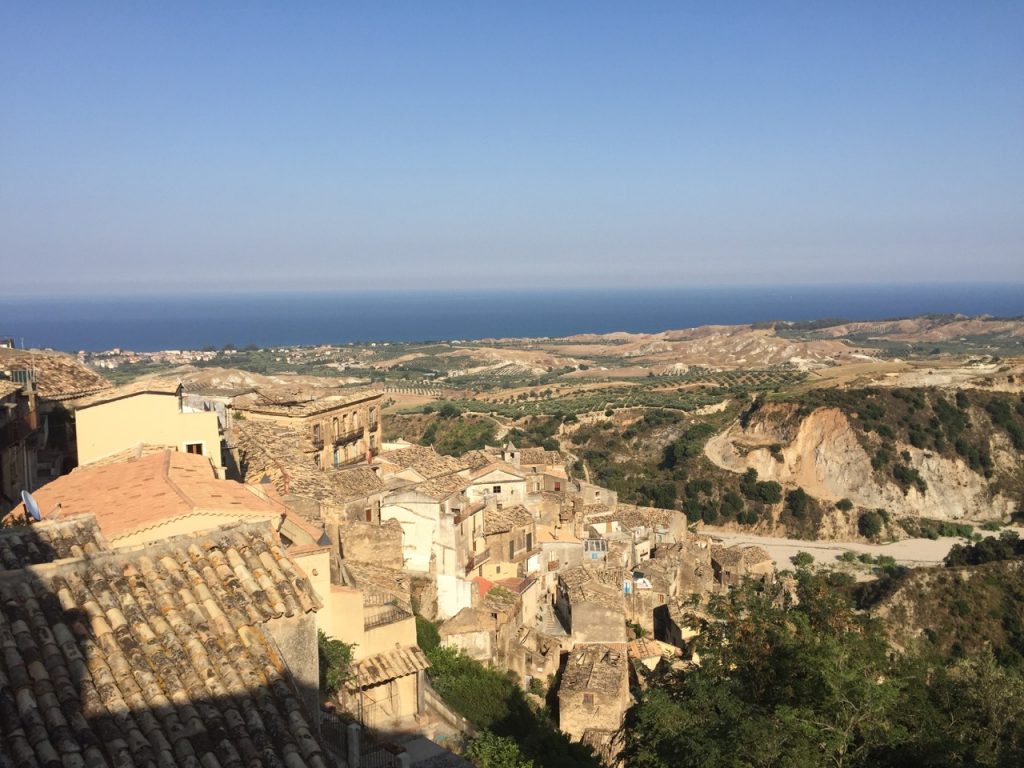
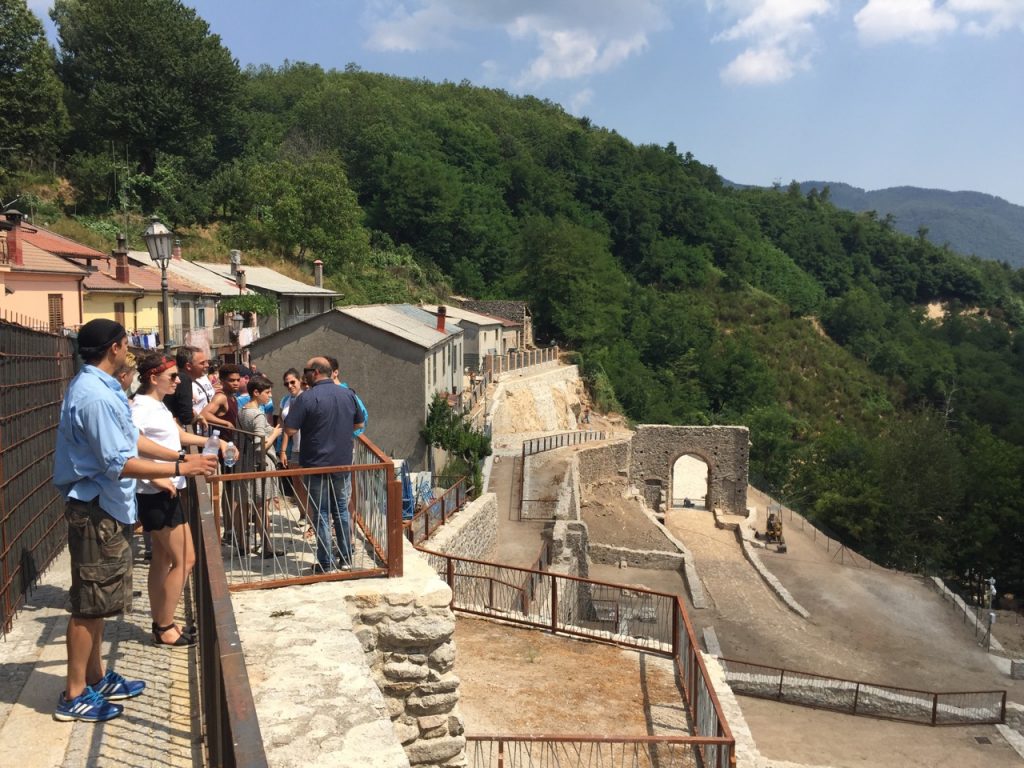
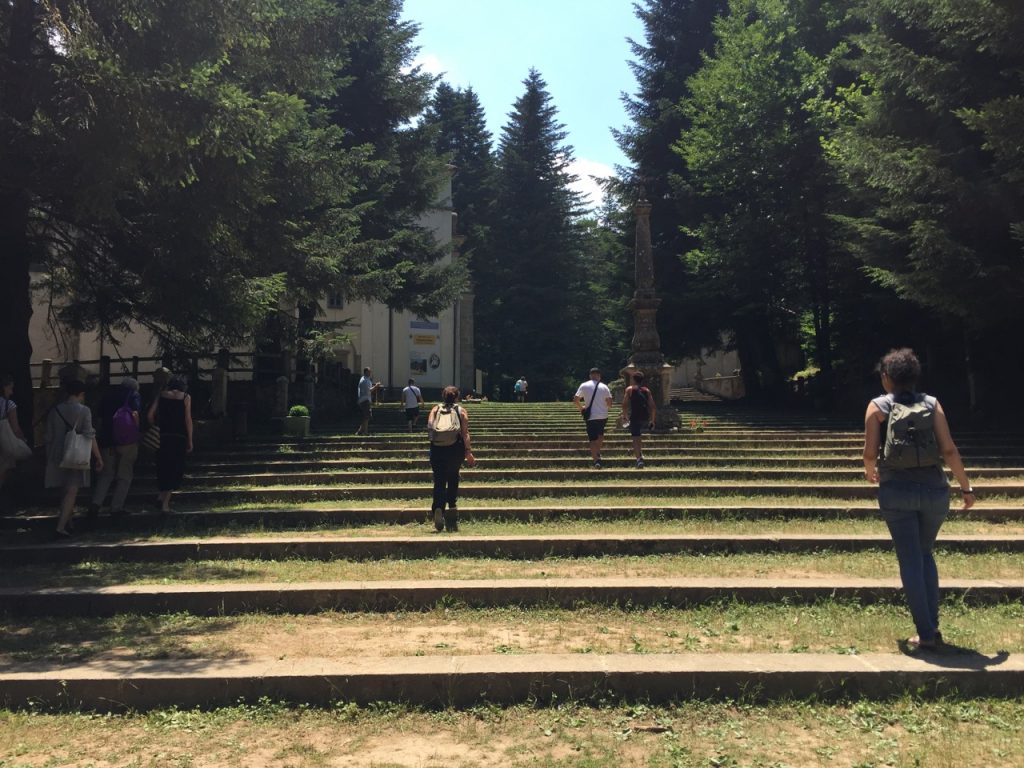
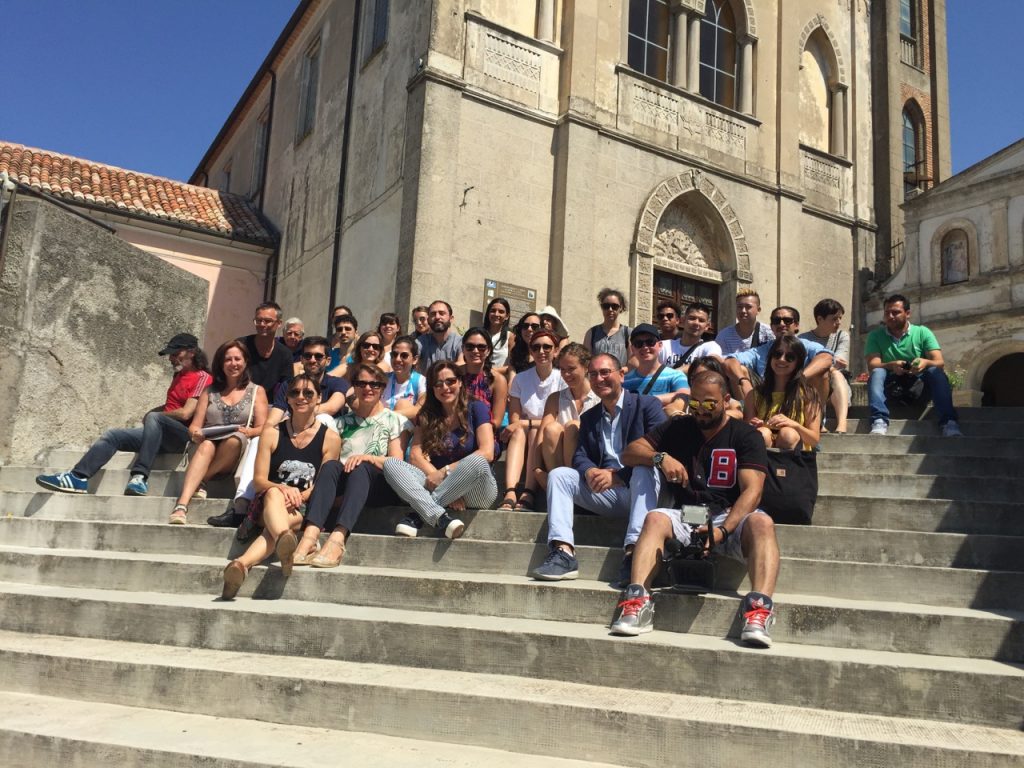
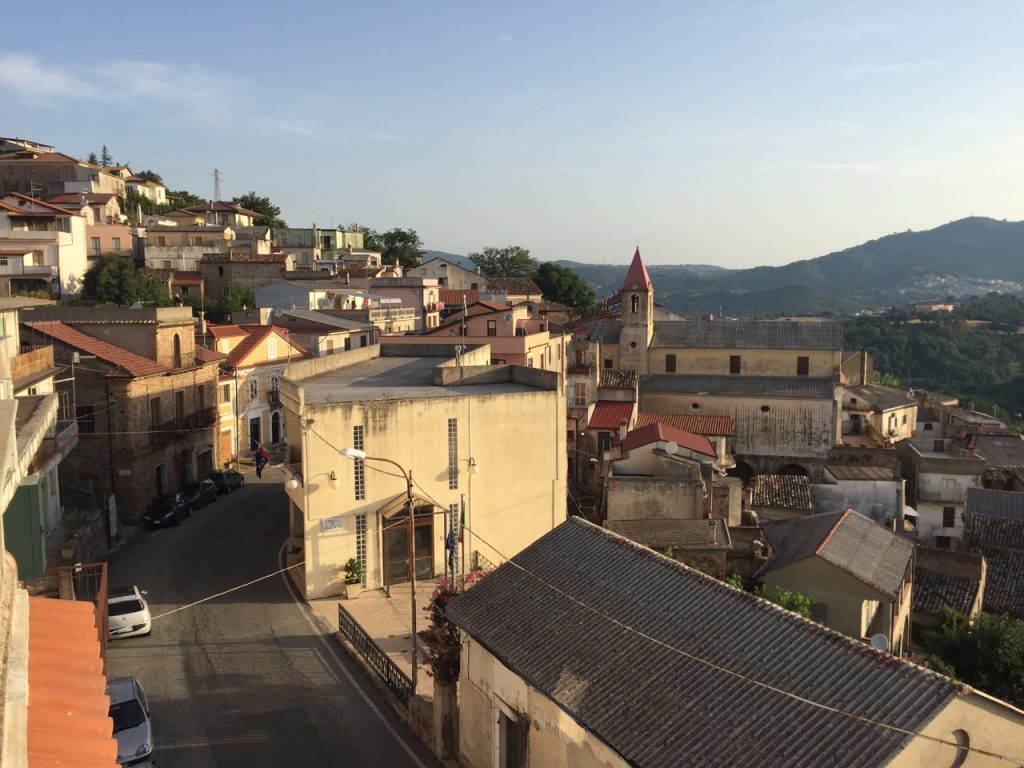
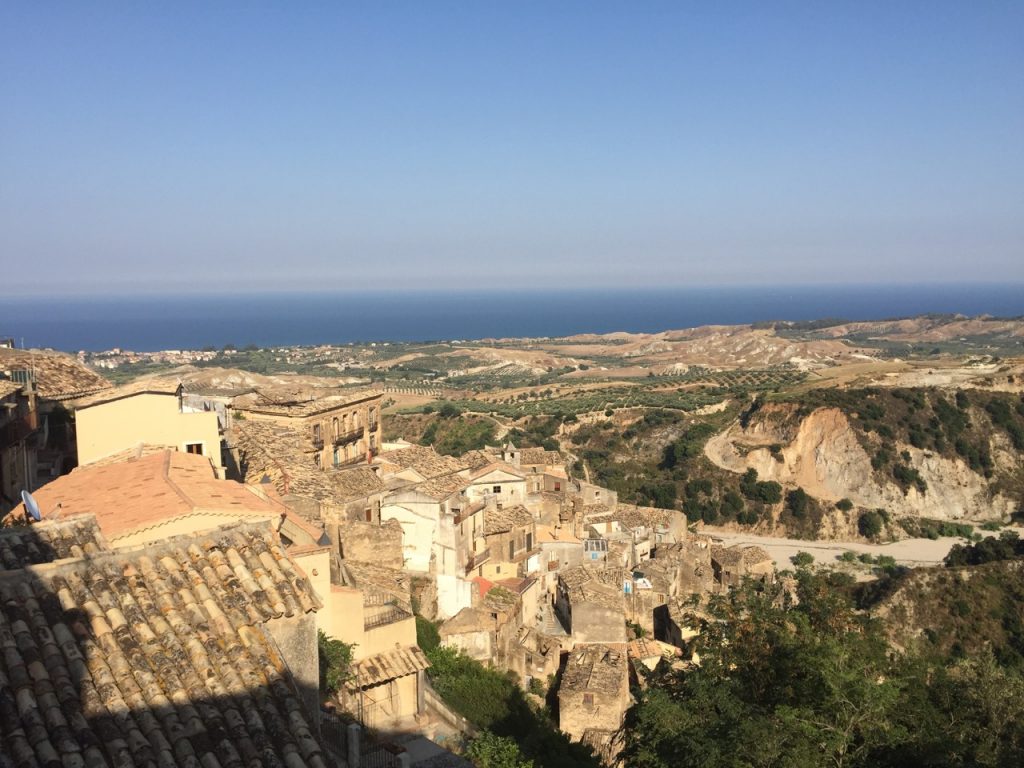
This is a topic that is close to my heart…
Cheers! Exactly where are your contact details though?
thanks for this, please send me an email at g.verdini@westminster.ac.uk and I can put you in touch with Martin…